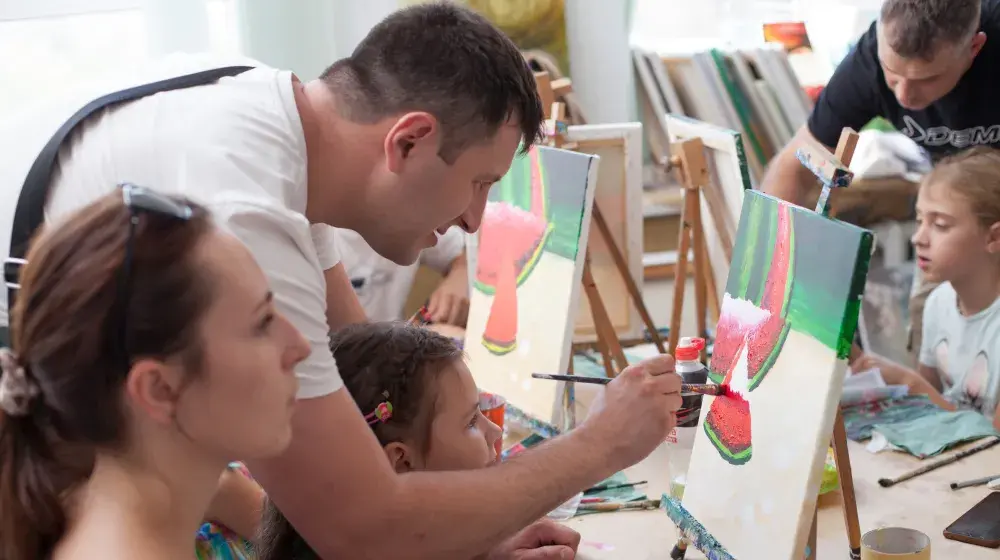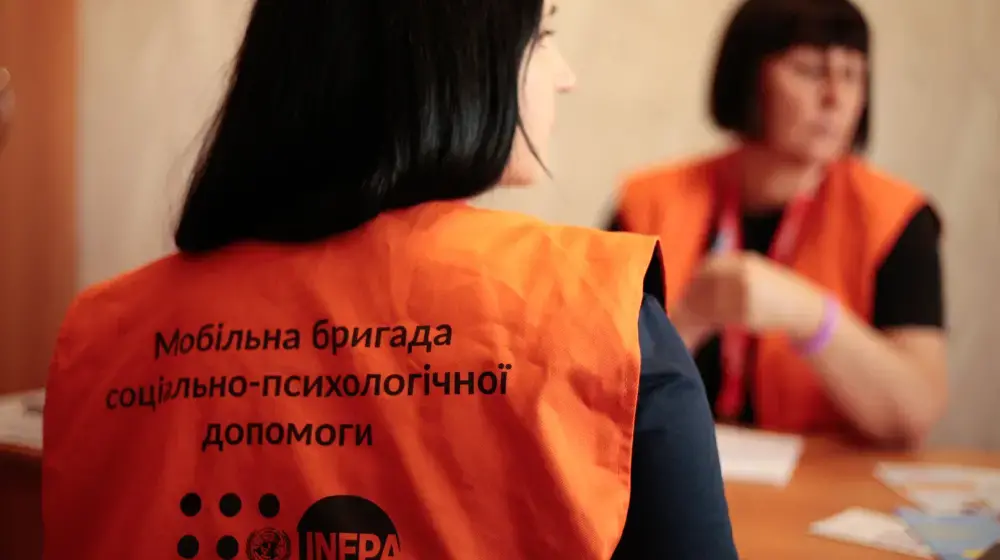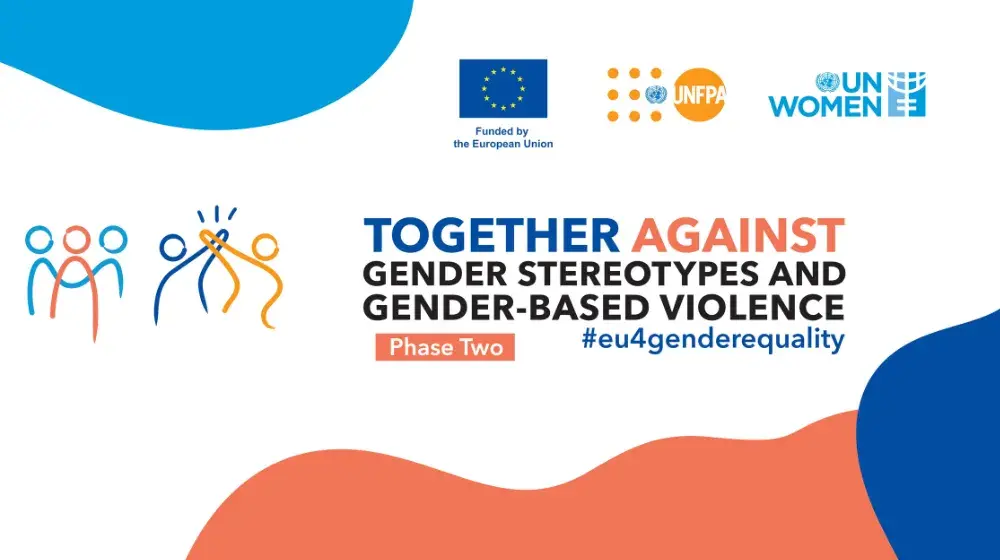A training workshop on preparation of National Report on the implementation of the United Nations Convention on the Elimination of All Forms of Discrimination against Women (CEDAW) was held in Kyiv under the auspices of UNFPA Office in Ukraine for the representatives of Ukrainian government authorities, respective Ministries, UN agencies in the country and NGOs that work in the sphere of gender equality and human rights.
The event was opened by UNFPA Representative for Ukraine Ms. Nuzhat Ehsan, who expressed strong UNFPA commitment to provide further technical support to the Government of Ukraine efforts aimed at preparation of the CEDAW Report and that Ukraine will succeed in submitting the document in 2014.
The two-day training sessions were held by United Nations Committee on the Elimination of Discrimination against Women Vice-chairperson Ms. Navamanee Ratna Pattern who provided the audience with the comprehensive overview of the Convention itself, the reporting procedures and the concluding observations and recommendations of CEDAW Committee with regard to the previous CEDAW National Report of Ukraine. Ms. Patten informed the participants about interesting examples of complaints submitted to the committee and how they were settled.
The second day session was focused on preparation of the alternative CEDAW report by the national NGOs, during which Ms. Ratna Pattern shared the guidance on how to best present the issues of gender equality, realization of women's human rights in public and private spheres, and the application of domestic laws and international obligations in the alternative document.
Reference Information
The United Nations Committee on the Elimination of Discrimination against Women (CEDAW), an expert body established in 1982, is composed of 23 experts on women's issues from around the world.
The Committee's mandate is very specific: it watches over the progress for women made in those countries that are the States parties to the 1979 Convention on the Elimination of All Forms of Discrimination against Women. A country becomes a State party by ratifying or acceding to the Convention and thereby accepting a legal obligation to counteract discrimination against women. The Committee monitors the implementation of national measures to fulfil this obligation.
At each of its sessions, the Committee reviews national reports submitted by the States parties within one year of ratification or accession, and thereafter every four years. These reports, which cover national action taken to improve the situation of women, are presented to the Committee by Government representatives.
http://www.un.org/womenwatch/daw/cedaw/





